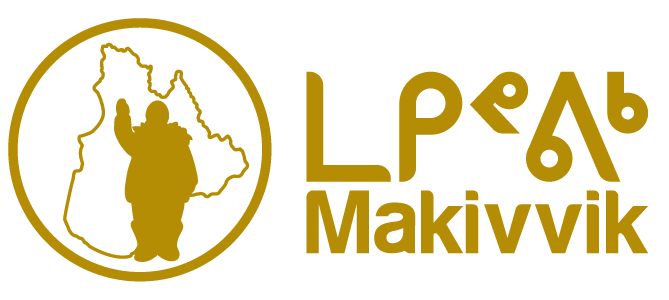Project Manager: Maxim Larrivée, Ph.D., Director,
Montreal Space for Life Insectarium
Project Coordinator: Amélie Grégoire-Taillefer, Ph.D.

The diversity of insects and other arthropods (e.g. spiders and millipedes) in the North is essential to the balance of the ecosystem. Insects fulfill many ecological roles. Although black flies and mosquitoes are certainly the first insects that spring to mind when we think of Northern Quebec, there are many other groups of insects that go incognito, such as hundreds of beautiful butterfly species, colourful flower flies, essential bumblebees and many more. Some are food for birds and other animals, while others ensure pollination, regulate pest species or recycle organic matter. Recent studies reveal that the terrestrial diversity of Northern Quebec is populated by a rich and unique insect fauna.
This diversity is mostly undocumented and fragile. It is also invaluable to humans ecologically. Owing to the effects of climate change, living creatures are likewise changing, as are the bonds that connect them. These changes are happening even more quickly in the North. To date, the insects and spiders of Northern Canada have not been studied much and there is an urgent need for data on them. Collecting specimens and monitoring their diversity in the region will help us learn more about their habits and distribution, discover new species, and gain a better understanding of how to protect them. For example, by monitoring pollinator species especially, it will allow to indirectly follow the impact of climate change on berry abundance. These data will allow scientists, in collaboration with Nunavik communities, to assess the consequences of climate change on insect fauna and to better define the actions to be taken to help communities prepare for these shifts.
Since 2014, Elise Rioux-Paquette (Kativik Regional Government) and Dr. Maxim Larrivée (Director of the Montreal Space for Life Insectarium) have been introducing young people from various Nunavik communities to entomology by leading expeditions in Nunavik’s national parks. These excursions are a means of inventorying insect biodiversity in these protected areas. By sharing these experiences with young Inuit and Cree, it became clear to Dr. Larrivée that many young people have a predisposition for and have a keen interest in entomology: “Their ability to differentiate one species from another and their attention to detail will greatly benefit future research endeavours in Nunavik.” However, these youngsters have little or no knowledge of insects and other arthropods and how to monitor their diversity. Resources to stimulate their curiosity and develop their entomological skills are also very limited. Furthermore, the territory to be inventoried is huge and the period of insect activity is very short. The challenge of training and supervising the youngsters is both crucial and pressing.

For all these reasons, the Nunavik Sentinels, a program that is at once practical and theoretical, has been designed to reach out to youth in all Nunavik communities. Developed by the Montreal Space for Life Insectarium, it will be offered to groups of a dozen youngsters per community every year. It is out in the field, in the summer, that they are taught methods of capturing and observing insects, with the help of reference tools (a series of guides about the basics of entomology and insect identification) and the proper equipment that allow the participants to develop their interests and skills in entomology. With scientific rigour and a language adapted as much as possible to Inuktitut, the youngsters will also learn about the morphology of various insect groups as well as the ecological roles they play within ecosystems.
Interested participants have the opportunity to get a paid job in the Nunavik insect monitoring program the following year. The training and monitoring program acts as a socio-economic driving force for the communities and provides an opportunity to prepare Nunavik youth to take part in working life. It also gives them a chance to make a significant contribution to expanding entomological knowledge of their ancestral land. The data collected by participants are analyzed at the Montreal Space for Life Insectarium and results are returned back to the communities for the use by its people. Communities also have the opportunity to build an insect collection of their own with the proper tools. In addition to collecting baseline information and monitoring insects and spiders in Nunavik, the project also provides scientific tools to Nunavimmiut to monitor wildlife, as well as ice safety, language preservation and weather through the SIKU application (siku.org). Together, we will be able to better define the actions to be taken to prepare the territory of Northern Quebec for future climate change.
Facebook: @NunavikSentinels
Web site: https://m.espacepourlavie.ca/en/nunavik-sentinels nunaviksentinels@gmail.com





